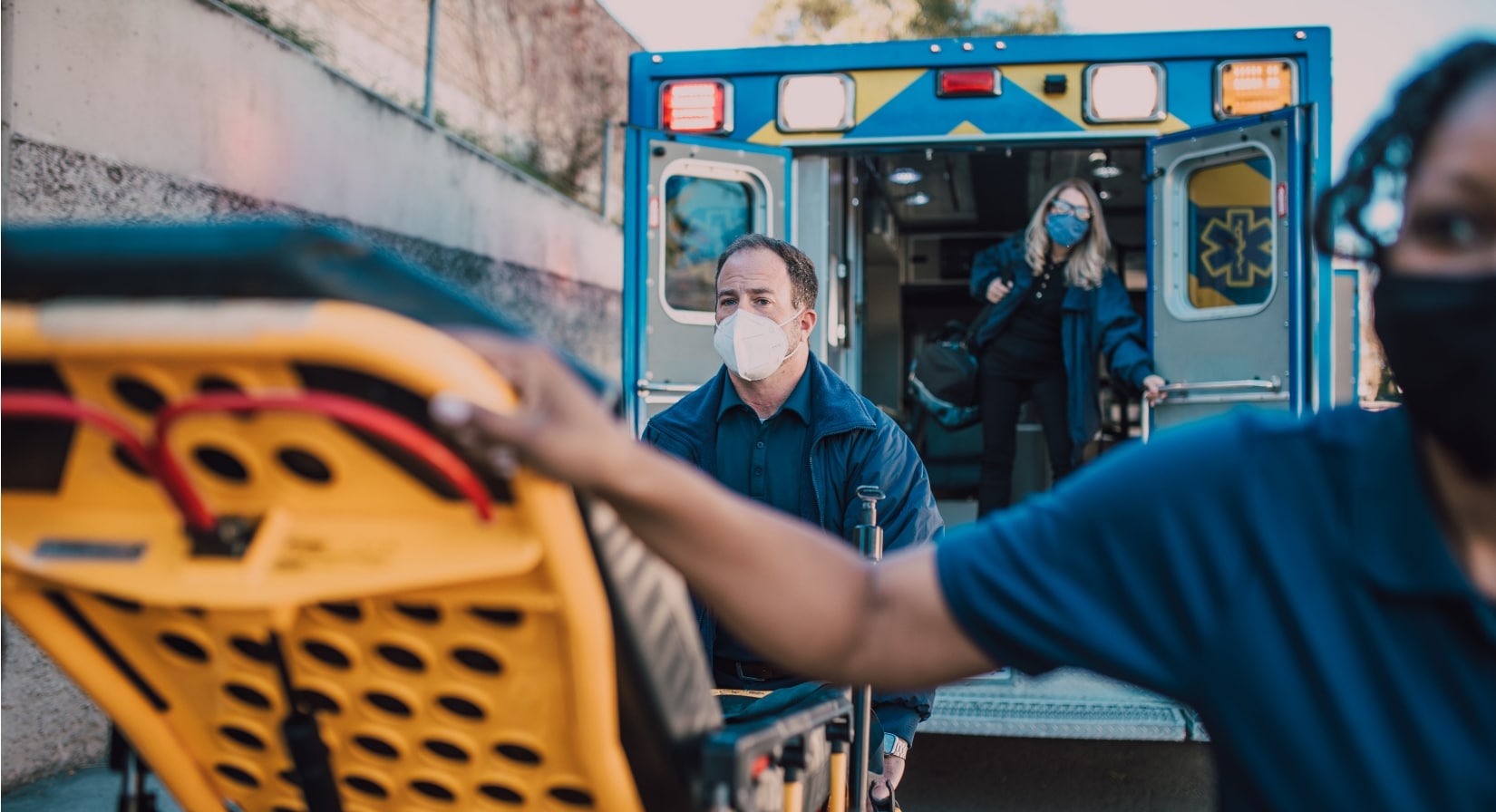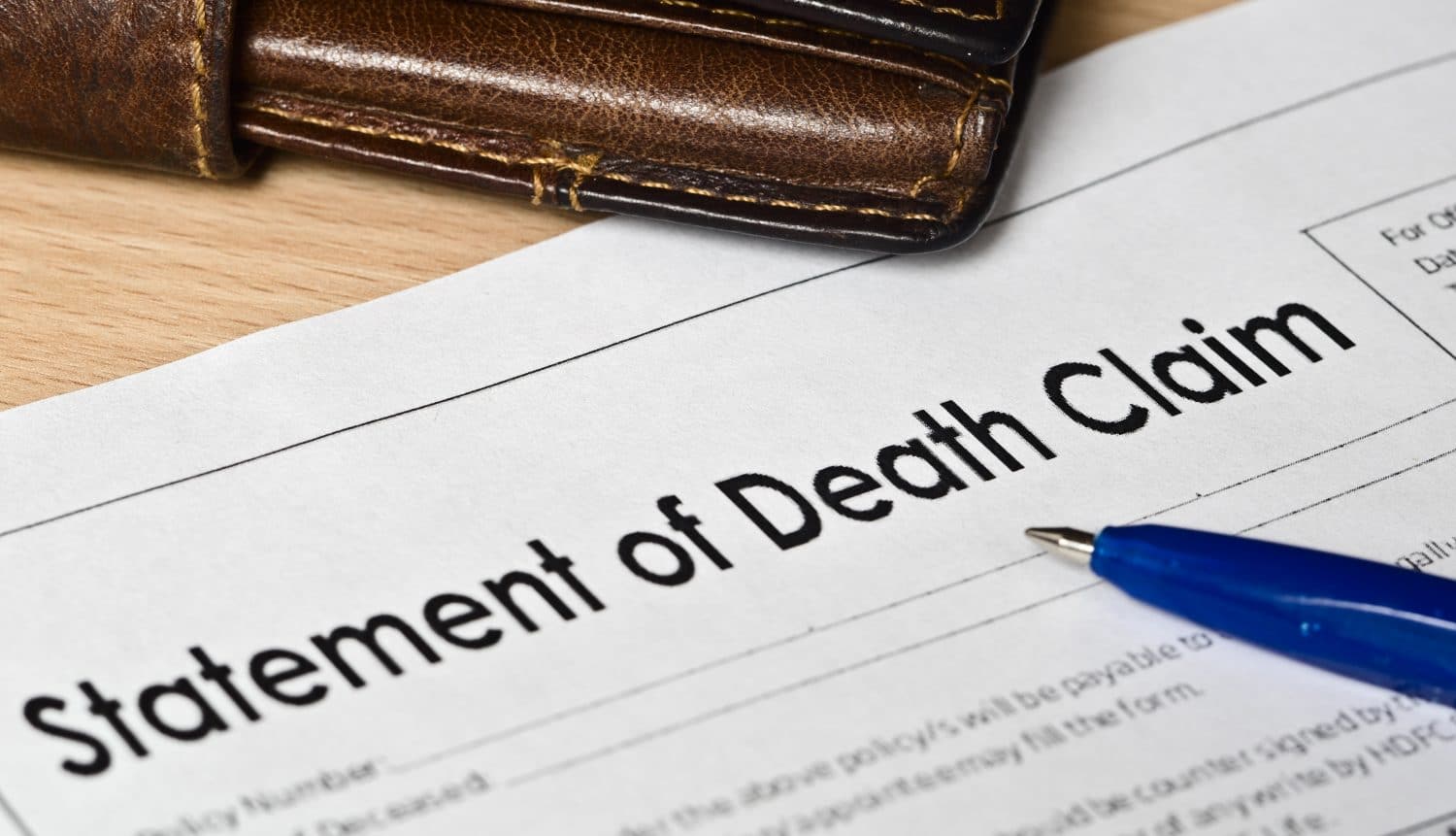If you’ve lost a loved one due to someone else’s negligence, you’re probably dealing with terrible financial stress on top of the unspeakable emotional pain. Worrying about money is the last thing you should have to deal with during this difficult time. Thankfully, you have two legal options available that can help you recover financially.
The most common way to receive financial compensation for a loved one’s death is by filing a wrongful death claim. However, there are circumstances when you’ll have to file a survival claim instead. Sometimes, you may even need to file both types of claims.
Keep reading to learn more about the distinctions between wrongful death actions and survival claims and find out which option can best help you and your family.
What Is a Wrongful Death Claim?
Wrongful death claims exist to compensate certain family members after a person dies due to negligence. If you’re an eligible family member, you must file the claim within two years of the death. However, that doesn’t mean you should wait a year and a half to file. Your attorney will need to investigate the case before they can file a claim, so you should start the process as soon as possible.
Who Can File a Wrongful Death Claim?
To file a wrongful death claim, you must be a surviving spouse, child, or parent of the deceased. Unfortunately, siblings and other family members are not eligible to file a wrongful death claim. Couples in domestic or civil partnerships are also ineligible. However, Texas does recognize common law marriage. Schedule a free consultation with an experienced attorney if you have questions about your eligibility to file a claim.
“By filing both claims, you can get justice and compensation for your family’s losses as well as those of the person who died.”
What Compensation Can I Receive From a Wrongful Death Lawsuit?
Wrongful death lawsuits provide financial compensation (also called damages) to the beneficiaries for both their financial losses and their emotional pain and suffering. Losses you can receive compensation for include:
-
- Lost earnings capacity
- Funeral and burial expenses
- Loss of inheritance
- Emotional pain and mental anguish
- Loss of companionship
RELATED ARTICLE: How Do Wrongful Death Claims Work in Texas?
How Are Survival Claims Different From Wrongful Death Claims?
If the deceased person had received injuries but survived, they would have been able to pursue their own personal injury claim against the negligent party. Survival claims are designed to take the place of that personal injury claim and compensate the deceased person’s estate.
Who Can File a Survival Claim?
Only the deceased’s legal heir or another representative of the estate can file a survival claim. However, these claims are actually a bit less strict than wrongful death claims in terms of who can file. That’s because family members such as siblings can become the estate’s legal representative and gain the right to file.
Types of Damages in a Survival Claim
Another difference between the two claim types is that the damages recovered from a survival action get awarded to the estate, and not the beneficiaries. Once the estate receives the funds, it’s up to the representative to distribute those funds according to Texas’ inheritance laws.
Because survival claims are intended to compensate injuries and losses sustained by the victim (not the victim’s loved ones), damages are typically limited to:
-
- Medical bills
- Pain and suffering
- Lost wages and future earnings
Should I File a Wrongful Death Claim or a Survival Claim?
As we mentioned earlier, you may be able to file both a wrongful death claim and a survival claim. This is typically done in one single lawsuit against the negligent party. By filing both claims, you can get justice and compensation for your family’s losses as well as those of the person who died.
So, why wouldn’t you file both claims? Sometimes, filing both claims isn’t an option because:
-
-
The Deceased Person Passed Away Immediately
-
Survival actions provide compensation for losses and pain the deceased person suffered between the time they suffered injuries and the time of their passing. So, if the deceased passed away immediately after the incident, you may not be able to file a survival claim for damages since the deceased person did not live long enough to suffer or accrue expenses.
-
-
The Deceased Had No Heirs or Beneficiaries
-
If a deceased had no heirs or beneficiaries, surviving family members such as siblings aren’t eligible to file a wrongful death claim. However, if a sibling or other family member covered under Texas inheritance laws becomes the estate representative, then the family may still be able to file a survival claim.
Crosley Law: Fighting for Wrongful Death Victims and Their Loved Ones
At Crosley Law, we help our clients understand their legal options and fight to make sure they get the compensation they deserve. We work closely with experts to uncover the causes of each victim’s death and hold negligent parties responsible.
If you have lost a loved one due to someone else’s negligence, contact our experienced wrongful death attorneys today. Fill out our online contact form or call us at 210-LAW-3000 | 210-529-3000 to schedule your free consultation.
The content provided here is for informational purposes only and should not be construed as legal advice on any subject.








